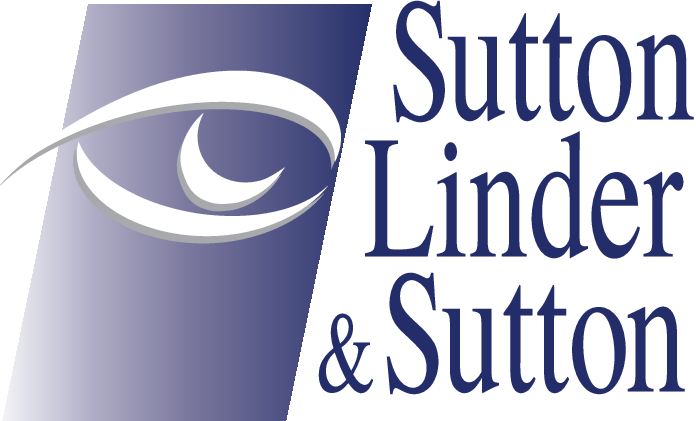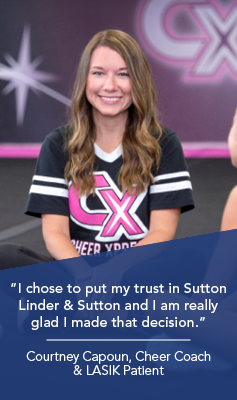Choose the right clinic. We have a professional team of Laser Vision Specialists who are dedicated solely to helping you see your very best. Collectively, our team has over 120 years of ocular clinical experience meeting your individual visual needs.
Choose the right technology. Drs. Sutton Linder and Sutton use the Allegretto WaveLight excimer laser system. Using the WaveLight system to perform LASIK with IntraLase is the best combination of technology available to LASIK patients.
Know what you are getting for your money. LASIK is an investment in your eyes, so know what you are paying for. All Sutton Linder & Sutton patients get one price that is a global fee. It includes our own evaluation here at the clinic, consultation with your surgeon, the treatment, medications, a complete year of follow-up care with your eye doctor and enhancements utilizing the same treatment technology within the first year, should they be necessary. There are no hidden costs.
Talk to your optometrist. Sutton Linder & Sutton has a large network of optometrists that refer patients to us for LASIK care. You will be able to continue your post-operative care with your optometrist as needed. This co-management arrangement is included in our LASIK fee. We will continue to follow your progress while you are having your post-operative care with your optometrist.
Talk to family, friends and patients who have already had LASIK. There are many people who have already experienced the benefits of LASIK. Visit with them about their experiences, as they are a great source of information.



